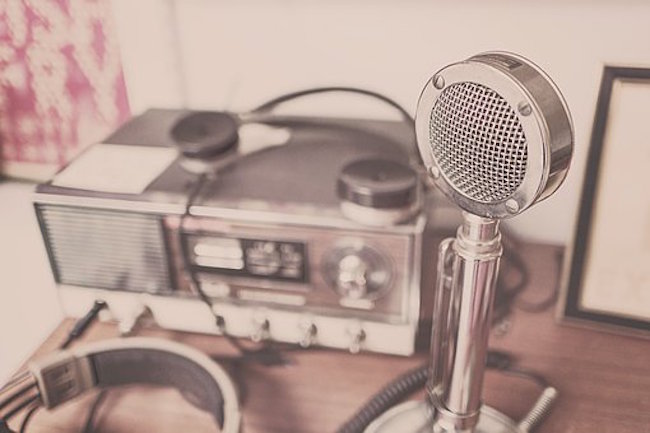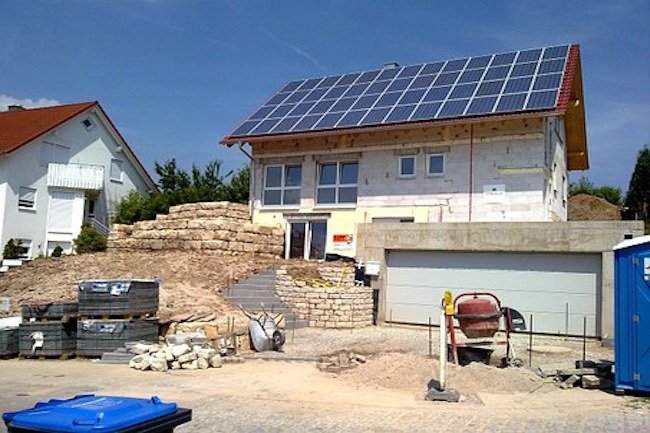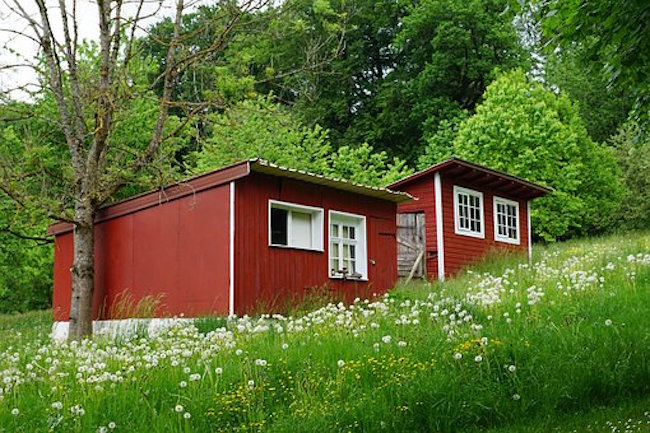Practical Survival Radio Communications by G.H. for Survival Blog
Like many families, the miles between me and my brothers are many. Fortunately, we hold a conference call every Wednesday evening to stay in touch. We have been doing this for nearly a decade. Realizing how important communications are to all of us, and from my role as the Logistics Chief for our County during major emergencies, I accepted the assignment of finding communication tools that will ensure communications no matter what. It did not take long to realize that radio communication works when all others fail. I obtained my amateur radio license and have the honor of recognition by the American Radio Relay League for public service in the management of emergency communications.
Good communications are important in day-to-day routine lives and may become critical during stressful situations or extreme emergencies. During normal day-to-day situations, traditional communications methods such as telephone, texting and e-mail work flawlessly. However, minor incidents that occur in an area without cellular service or major events that knock out electricity and the internet require different tools for communications. In today’s world, there is no reason to lack the ability to communicate and a radio that can transmit and receive works when all else fails.
There are many published articles outlining the benefits and importance of amateur radio for survival purposes and this is not another one. While this article may introduce concepts that will spur unlicensed readers to obtain a radio license, it intends to provide concepts and tools any radio operator should use regularly to remain proficient in radio communications when an emergency does develop.
During Hurricane Michael, my family anxiously awaited news from my brother living directly in the path of the terrible storm and for more than four days, we did not know if he was alive or dead. Cellular services were down, texts did not go through and he was not able to get out to the highway to find an area where services worked.
As an experienced radio operator, my family will know quickly if I am alive because of my regular use of the concepts that follow.
LICENSING
We have all heard that there is no need to get an amateur radio license because, in an emergency, anyone can use amateur bands without a license. It is true that an unlicensed person can use a radio on any frequency if there is imminent danger to life or damage to property. However, the only way to gain the necessary experience to communicate via radio, other than on the low level Citizens Band (CB), is regular use. And regular use does require a license. Most that lack a radio license believe that radio use is as simple as pressing the mic button and talking. But it is not that simple.
There are many radio technologies available. o be prepared for radio communications in difficult situations, or flat out disasters, might consider obtaining one or more specific licenses listed below:
AMATEUR LICENSE – TECHNICIAN
The first license many radio operators obtain is the Technician level amateur radio license. This license requires passing a technical exam and paying a processing fee that typically runs about $15. While the Technician license certainly adds capability over an unlicensed operator, it is restricted for the most part to UHF and VHF frequencies that only work in “line of sight” situations unless a repeater is used. Repeaters extend coverage beyond line of sight, but they are more difficult than simplex communications – direct radio to radio – and they require electricity and infrastructure–two things that often fail in disasters.
AMATEUR LICENSE – GENERAL AND EXTRA
The General or Extra class amateur radio licenses, typically obtained after experience at the Technician level, require more complex testing but opens up the world of HF radio transmissions. HF radio wave transmissions, unlike UHF and VHF, bounce off the Earth’s ionosphere, back down to earth, and can reach remote stations without the use of a repeater.
GENERAL MOBILE RADIO SERVICE
While a radio operating on the Citizens Band (CB) and the Family Radio Service (FRS) bands do send and receive radio communications, they are severely limited. Radios that use these frequencies operate only a short distance due to power and antenna restrictions and are often crowded with too many operators to make them useful.




